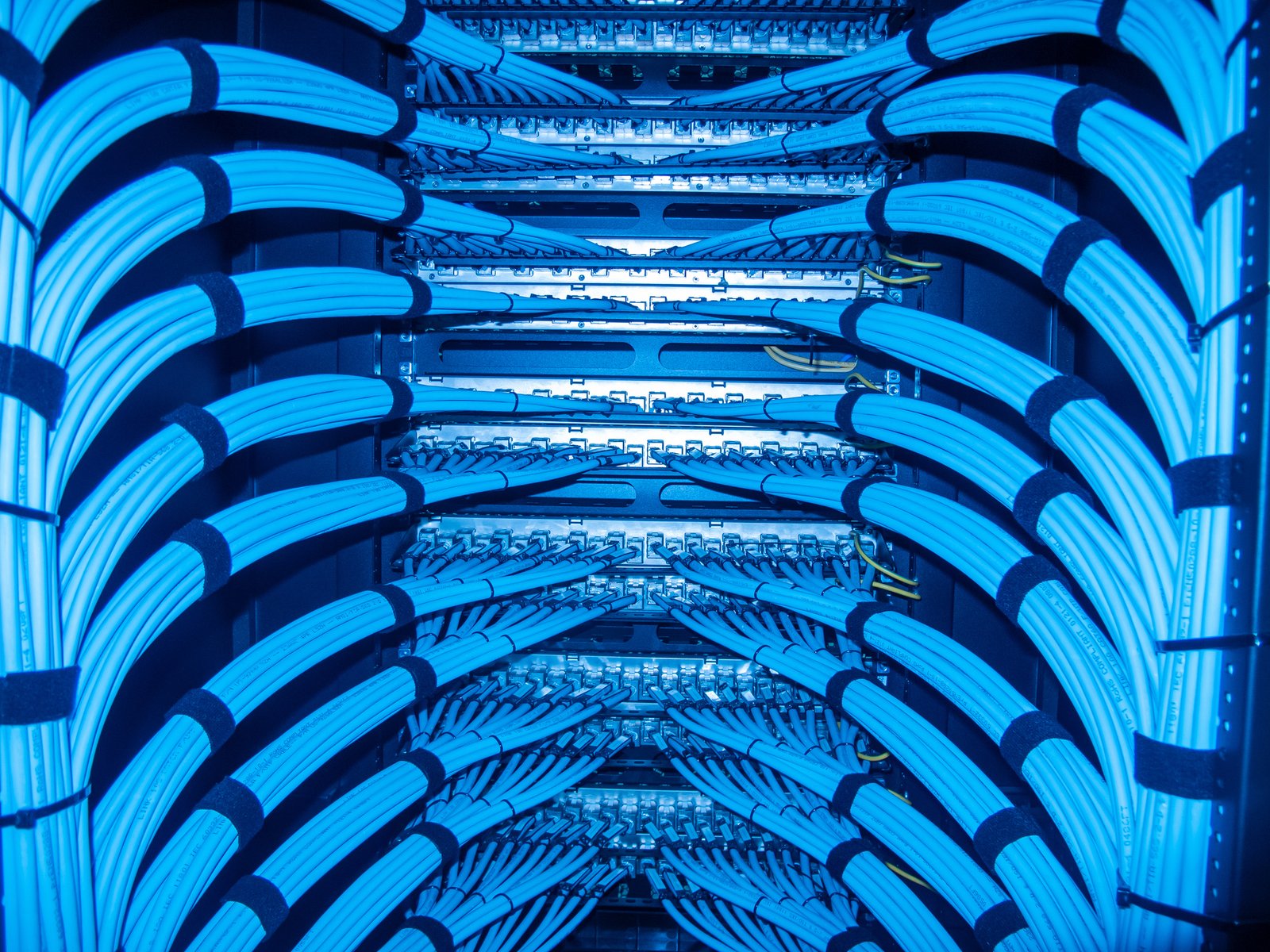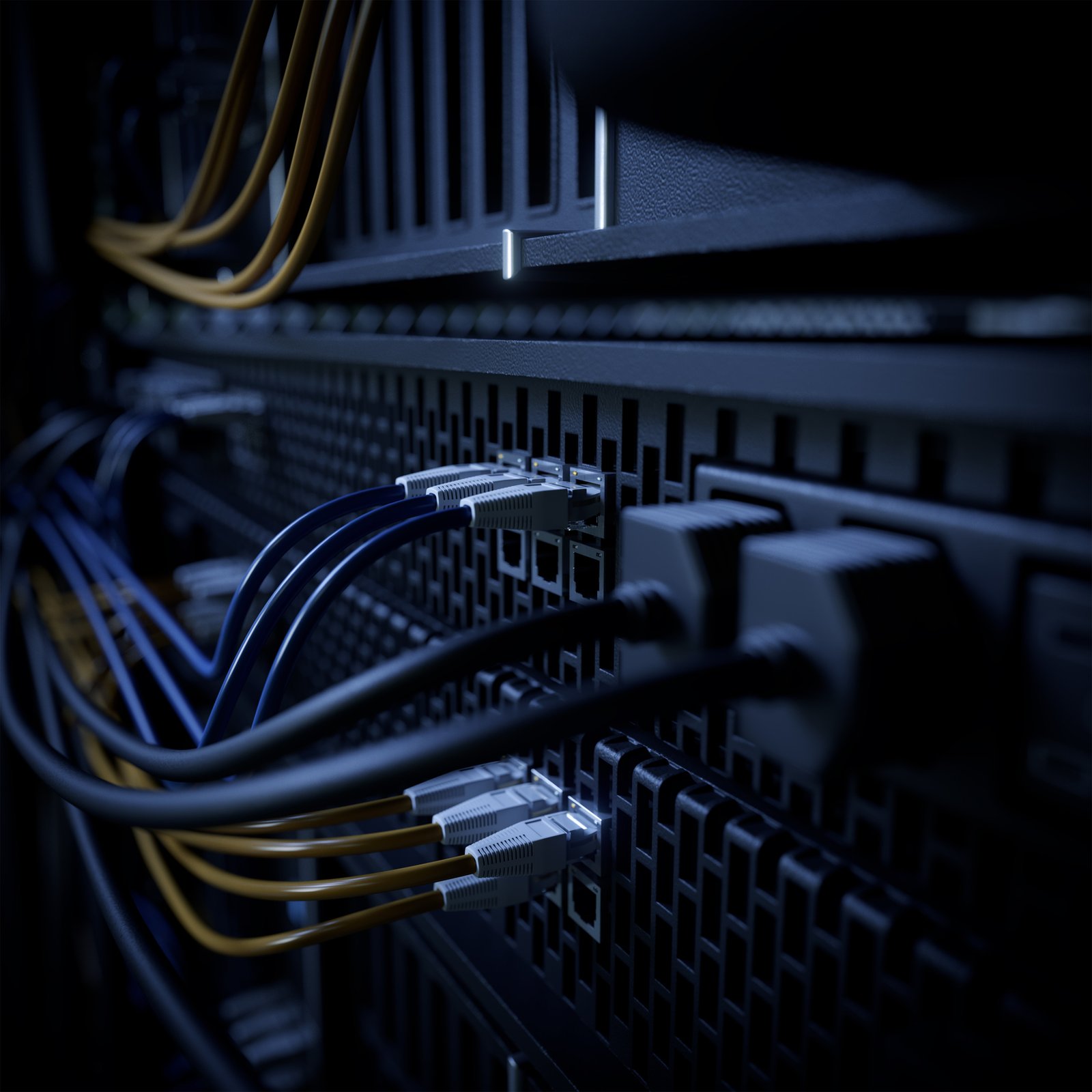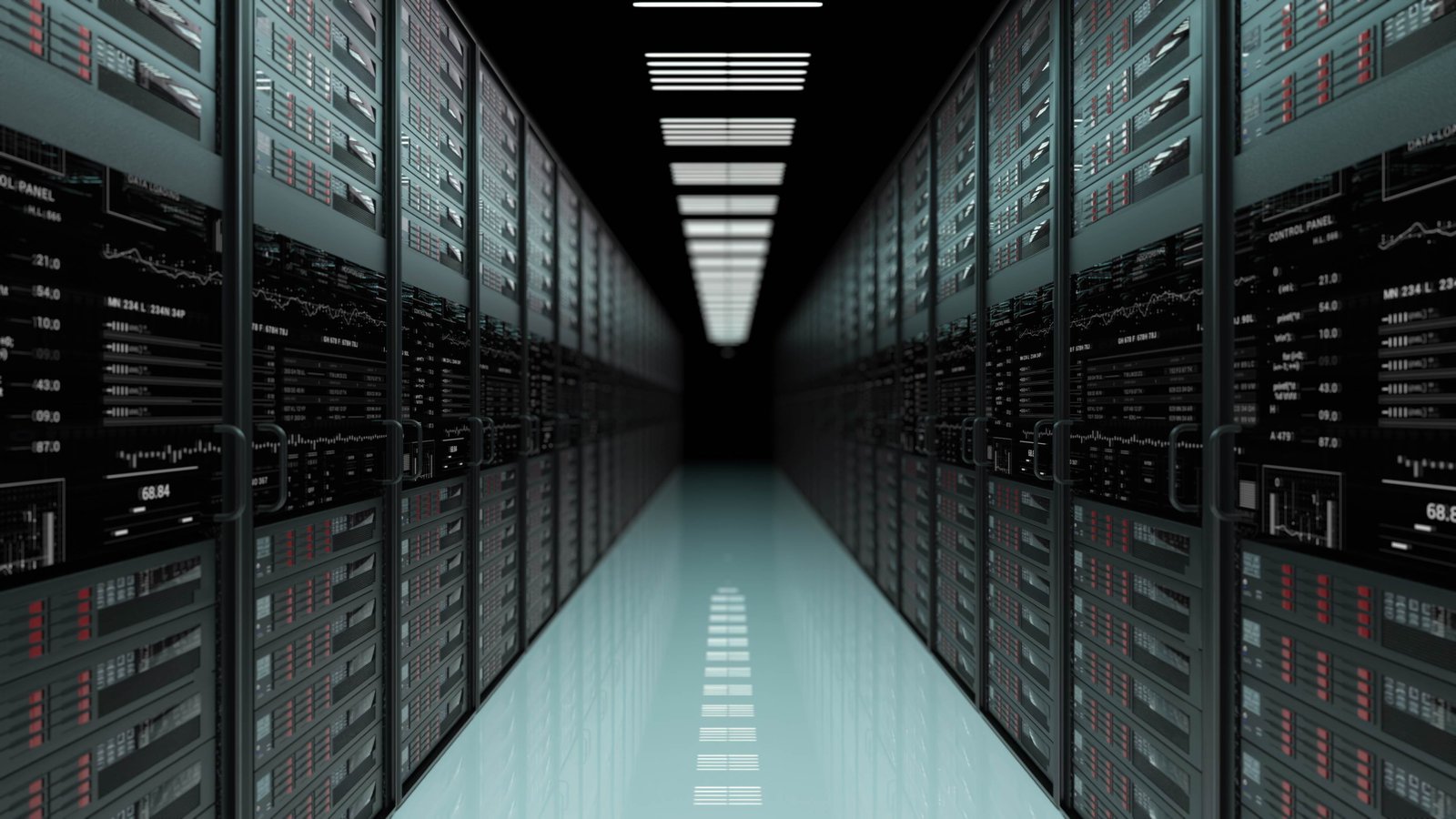If you are new to the data center industry, then it can sound like your tech folks are speaking a different language when it comes to your infrastructure.
“The data center industry can be complicated to get a grasp on. Part of the reason for that are the terms and lingo,” says the experts at datacenterHawk.
Here are some common data center terms that will get you up to speed:
kW, kWh and MW: Abbreviation for kilowatt, a common unit of power measurement in data centers. A kilowatt is one thousand watts. kW will refer to how much power capacity your IT infrastructure has access to. You may also see kWh which is a kilowatt-hour or one-thousand-watt hours. According to the Uptime Institute: “The power density per rack (kilowatts [kW] per cabinet) is a critical number in data center design, capacity planning, and cooling and power provisioning.” A MW is one million watts.
Gross + E: According to datacenterHawk, this is a simple equation for how much it will cost you to be in a data center and a type of lease. The “Gross” represents the right to access the power infrastructure, while the “E” is the actual power that you utilize.
Triple Net Lease “NNN”: datacenterHawks says a “Triple Net Lease” is different from “Gross + E” and typically reserved for larger companies who will assume some of the building operating costs that are usually provided by the data center operators. Data Center Post says, “NNN consists of a base price (often quoted in $/kW), plus your proportional share of mutual operating expenses for the building, plus your monthly Critical Load consumption, plus your Essential Load cost.”
Carrier Neutral Facility: A facility that is not owned and operated by a single ISP but offers a variety of connection options to colocation tenets. Almost all multi-tenant data centers today are carrier neutral facilities which are independent of network providers.
Ping, Power, Pipe: Basic components of a data center colocation lease that includes racks or floor space, electrical power, and internet connections. PC Magazine says, “the ping means that computers are accessed remotely; the power is the electricity, and the pipe is the connection to the Internet.”
Managed Services: datacenterHawk says managed services are any services that a data center provider offers in addition to power, space, and cooling, for example, firewall management, remote hands or rack and stack.
Rack and Stack: A data center managed service where your provider offers professional assembly and rack mounting of your hardware.
Purpose-Built / Retrofit: A purpose-built data center is a facility that was designed and built as a data center, while a retrofit data center is a facility in a building not originally designed as a data center. Old warehouses, factories and office buildings, especially those in prime locations, can be retrofitted into a data center.
Absorption: Measures demand/growth for data centers. Net absorption is the net change in occupied space over a given period, typically including direct and sublease space
PUE: Abbreviation for Power Usage Effectiveness. PUE measures the efficiency of power usage in data center designs. Data center power typically runs computer equipment while handling cooling, lighting, and other functions. PUE shows the ratio of power used to run the computer infrastructure vs overall power usage.
Compliance Acronyms (ISO, PCI, SOC, FedRAMP): The growing problem of security breaches and compromised data makes compliance a crucial issue in the data center industry. It will help you to know acronyms such as: ISO (International Organization for Standardization), PCI (Payment Card Industry), SOC (System and Organization Controls), and FedRAMP (Federal Risk and Authorization Management Program).
At Data Center Systems (DCS) we know how to speak “data center” as we have helped provide reliable, scalable, high-performance connectivity to some of the largest data centers in the world. Contact DCS today for storage and network connectivity solutions that can power your business.












